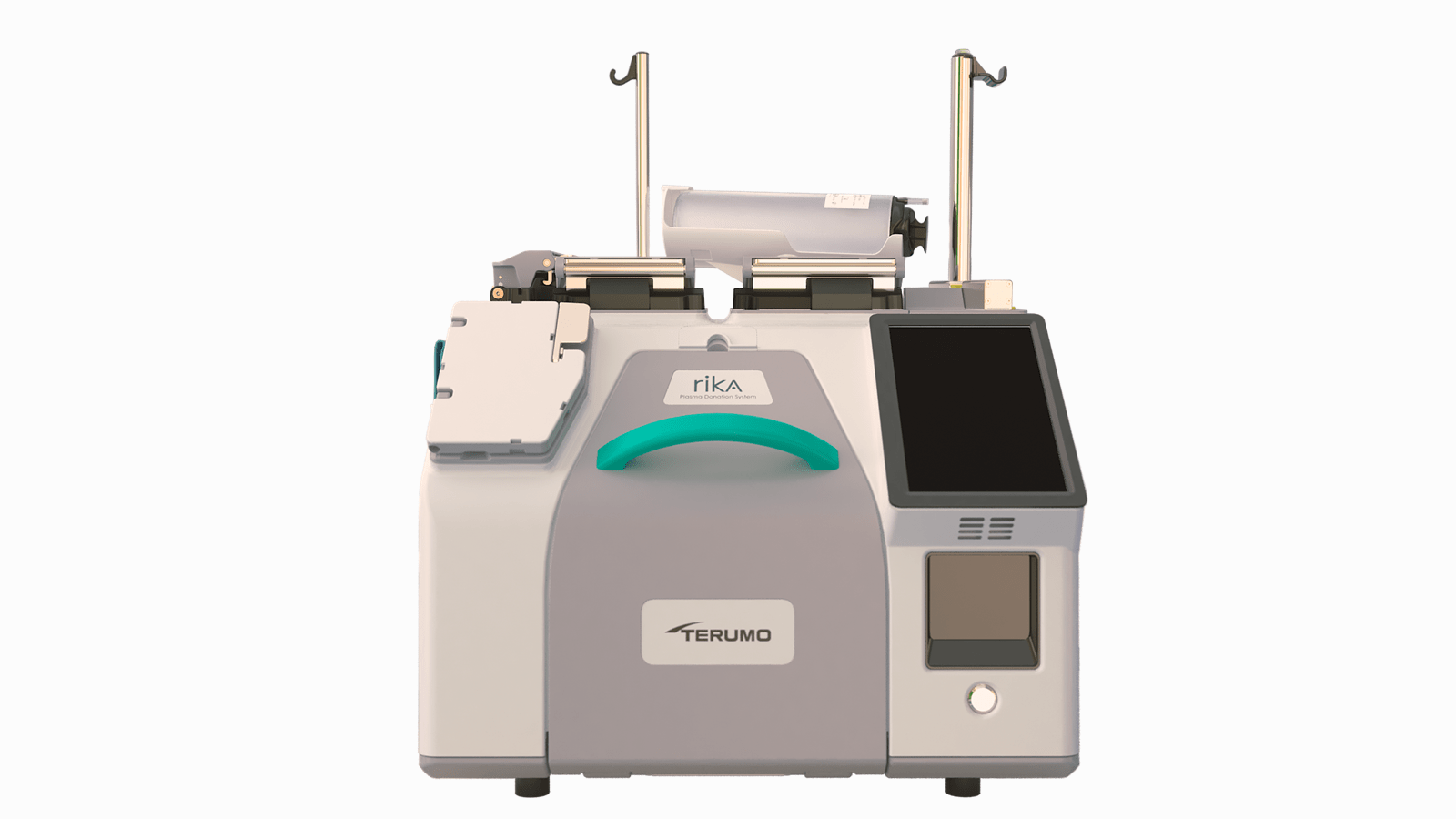As the need for plasma-derived medicines continues to grow, CSL Plasma is responding with new technology designed to optimize plasma collection and improve the experience for both donors and employees.
This month, the U.S. Food and Drug Administration gave regulatory clearance to the Rika Plasma Donation System, new technology on its way to U.S. CSL Plasma centers for the collection of plasma used to manufacture life-saving medicines for people with rare and serious diseases. The Rika Plasma Donation System was developed by Terumo Blood and Cell Technologies, a medical technology company based in Lakewood, Colorado.
CSL Plasma believes the new system, to roll out first in Denver, Colorado, may reduce the amount of time it takes for the donation procedure by about 30%, on average. Plasma is the straw-colored component of blood that contains important proteins.
Donating plasma involves a process called plasmapheresis, when plasma is collected and the donor’s other blood components are returned. Using the Rika device, plasmapheresis takes, on average, 35 minutes. The new technology also reduces the amount of blood that is outside of the donor’s body at any one time to a maximum of 200 milliliters or less than seven ounces.
“Continued innovation that benefits our employees and plasma donors speaks to how we are driven by our promise to save and improve lives around the world,” CSL Chief Operating Officer Paul McKenzie said of the new device.
CSL Plasma is one of the world’s largest collectors of plasma. Plasma collected at the more than 300 CSL Plasma centers around the world goes to global biotech leader CSL Behring, which uses it solely to make medicines for patients.
Plasma-derived medicines are in high demand for the treatment of primary immune deficiencies and other serious conditions. Patients and patient advocacy groups encourage plasma donations to ensure the supply of these medicines, which are infused or given subcutaneously.
“There is a critical and ongoing need for human plasma to produce life-saving medicines for people with serious and rare diseases,” said CSL Plasma General Manager Michelle Meyer. “CSL Plasma’s decision to work with Terumo Blood and Cell Technologies is consistent with our business goals to improve the donor and employee experience through innovation and remain the plasma donation center of choice.”



